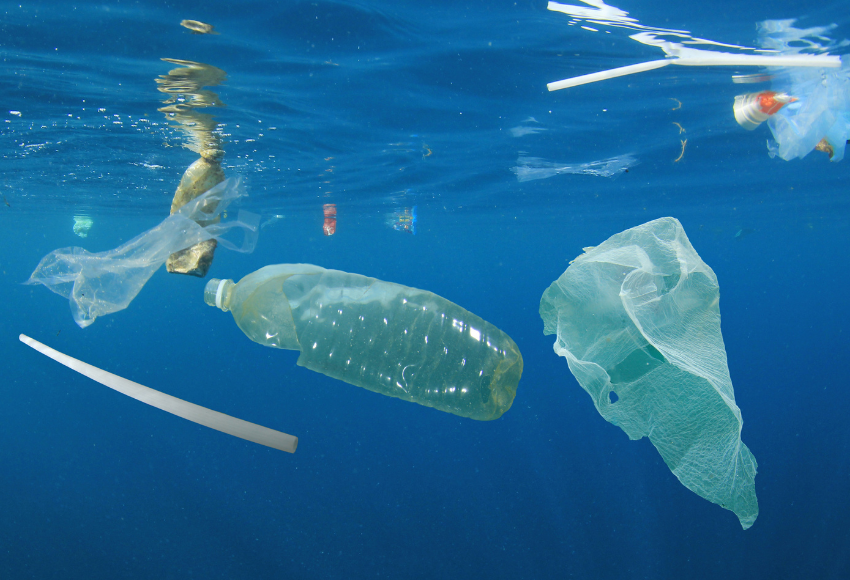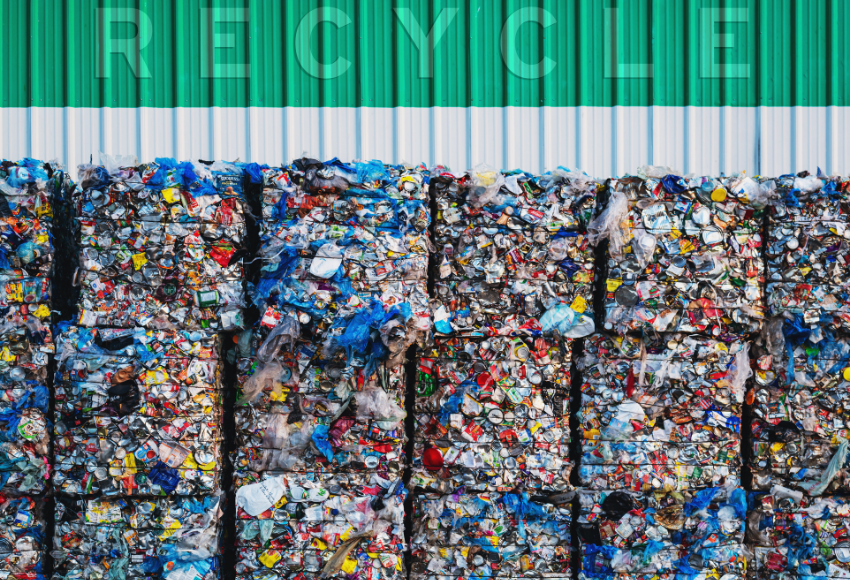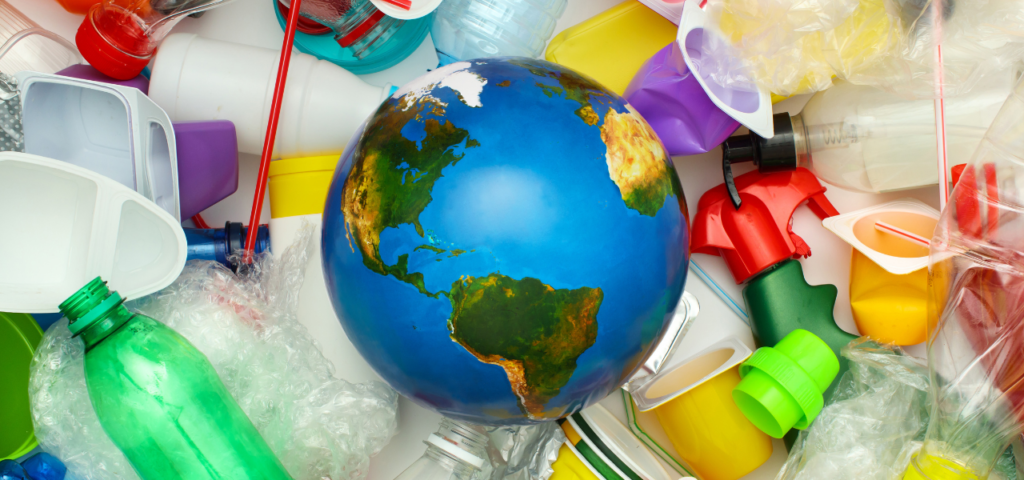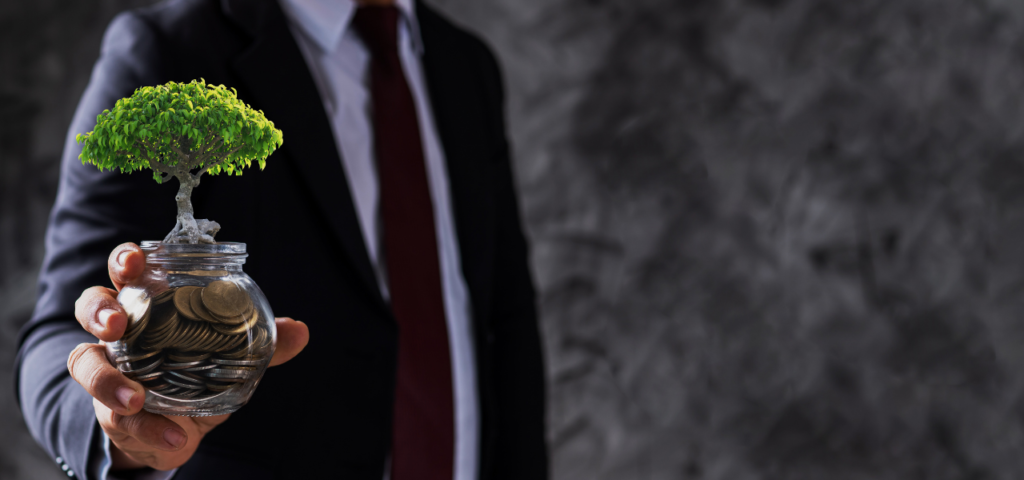Our answer is: yes, there is. But before addressing why there is a potential market for plastic credits, let’s further develop the importance of plastic credits in the effort to accelerate the removal (and reduction) of plastic waste from the environment.
Plastic pollution: an ongoing problem
First of all, we must recognize that to date (and for decades), the pollution generated by plastic waste is one of the main environmental problems of our times and throughout the globe.
An average of 12 million tons of different plastics are dumped into the oceans each year, not to mention an estimated total of the material found on land and non-sanitary landfills. The plastic that is being dumped into the ocean is equivalent to emptying a garbage truck full of plastics every minute, a really worrying and alarming situation.
In terms of impact on a biological scale, plastic pollution affects flora, fauna and marine ecosystems, as well as the food security of many families that depend on the ocean for their livelihood.

How can we tackle the plastic pollution crisis?
Let’s start by recognizing that companies must generate, within their value chain, the appropriate strategies to minimize and eliminate unnecessary plastic in the first place. How? from actions such as an ecological design of waste and packaging for reuse, recirculation and recycling, through the optimization of more sustainable materials and the improvement of end-of-life management.
Even so, within an optimal scenario of corporate environmental management, all these strategies will still have unavoidable plastic waste leakage.Plastic pollution is a challenge for which we must find solutions, aiming for changes that will allow us to transition towards a circular economy model. For that, new initiatives that emerge as solutions based on the credit market are necessary throughout the value chain of companies and their business units, together with products and services that accelerate meaningful action worldwide as well as new forms and mechanisms, such as plastic credits.
Plastic credits as a market tool for sustainability
If done right, plastic credits could be seen as an innovative and effective market mechanism. Beyond offsetting, they intend to provide a source of monetary and financial income that is sustainable over time for vulnerable groups in societies and cities, such as low-income families in developing countries who carry out daily tasks of collection, recovery and recycling of the different types of plastic materials and waste (which is also a crucial task in terms of public health, public spaces and the protection of ecosystems).
Plastic credits link formal and informal waste recovery and recycling projects around the world, as committed companies and investors are willing to support these activities through payments that are based on performance and transparency. In this way, long-term financial and technical sustainability of the different recycling processes can be guaranteed, in this case in favor of the plastic value chain.
However, it is important to keep in mind the following: plastic credits can expose companies to negative comments and non-constructive criticism against the development of new forms or changes in operating systems that allow a responsible use of plastics. In this type of situation, the probability that this plastic credit mechanism may be subject to inappropriate use could potentially lead to more polluting. Due to this, it is necessary for the market to play an important role in strict accreditation, verification and registration systems where transparency and robust accounting systems are the basis for decision-making when it comes to neutralizing plastic leakage.

So, is there a market for plastic credits?
Companies and corporations that specialize in goods, products or services that use different plastic resins can purchase plastic credits as part of their sustainability commitment and pay for the equivalent amount of plastic they create to be collected and recycled elsewhere.
Even so, we must emphasize that this is not necessarily a long-term solution to the problems we are facing in terms of plastic pollution. Societies and companies as a whole should work to be more inherently sustainable and aim to reduce first. In this way, these credits and their financial benefits will greatly contribute to the incentive to use, imperatively achieving recognition of the entire value chain of plastic resins.
A migration towards a sustainable idea of plastics can only be achieved through the joint work of all the relevant actors in the value chain. And, of course, always based on an education strategy supported by transparent figures, a robust information system when verifying the development of the market and the circularity and materiality system.
To meet growing demand, plastic credit programs are being established to ensure that plastic is kept out of vulnerable ecosystems and, in some cases, divert the material to recycling, reuse, recovery systems and supply chains in circular terms.
In concept, a buyer will earn a plastic credit from the purchase to offset plastics production or waste generation on a ton-for-ton basis. Hence, voluntary plastic credit markets are a valuable interim tool to crowd-in private sector investment while complementing efforts to set up mandatory schemes.
Conclusion
It is clear that there is an emerging plastic credit market that needs to define a series of goals, strategies and objectives when it comes to transparency, supply and demand, which can generate much more confidence and credibility when accounting for the positive impact generated by the purchase of plastic credits. Only then plastic credits can reach its true potential as a high or triple impact toolbox in tackling plastic leaks and pollution, so it is the perfect opportunity for the world and a circular economy to start taking place.
Until then, stakeholders who are involved in the recycling and plastic chain, including buyers and sellers of plastic credits, think tanks, consultants, academics and NGOs, should structure a guidance process for this emerging market that, if properly managed, will mean a huge step in the right direction.
At ALLCOT Trading we are active in the environmental commodities market and always looking to promote positive change. Soon we will start offering plastic credits, so if you want to know more and drive change in a fair, transparent and win-win scenario, contact us and together we will make it happen.



